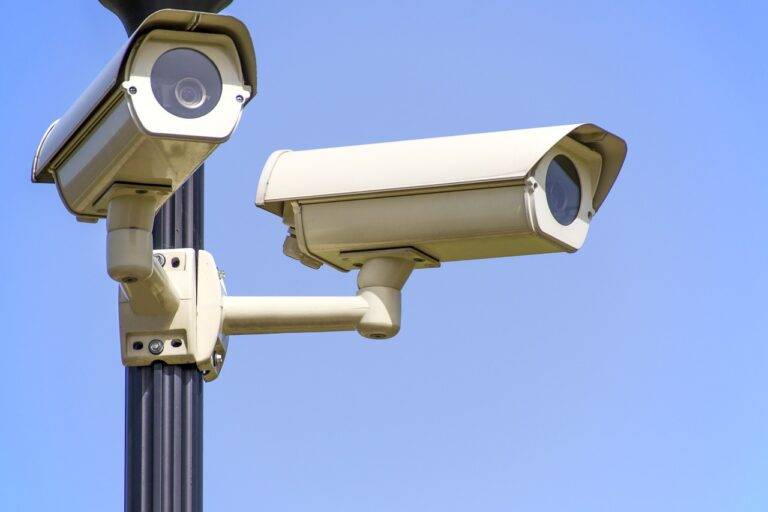Exploring the Role of AI in Wildlife Conservation Enforcement
Effective wildlife conservation is crucial for maintaining a balanced ecosystem and preserving biodiversity. It plays a vital role in safeguarding various species from extinction and ensuring the sustainability of our planet’s natural resources. Conservation efforts not only benefit wildlife but also contribute to the well-being of human populations by maintaining a healthy environment and supporting essential ecosystems.
By protecting wildlife habitats and regulating human activities that threaten these ecosystems, conservation initiatives aim to create a harmonious coexistence between humans and wildlife. Through responsible management of natural resources and the enforcement of conservation measures, we can help secure a future where diverse species can thrive in their natural habitats. Prioritizing wildlife conservation is key to fostering environmental resilience and ensuring the survival of numerous species for generations to come.
Challenges in Wildlife Conservation Enforcement
Wildlife conservation enforcement faces a myriad of obstacles in its mission to protect vulnerable species and their habitats. One of the primary challenges stems from inadequate funding and resources, hindering the efforts of enforcement agencies to effectively combat illegal wildlife activities. Insufficient capacity building and training for enforcement officers further exacerbate this issue, leading to difficulties in effectively monitoring and regulating wildlife trade and poaching.
Additionally, the complexity of coordinating enforcement actions across various jurisdictions and agencies poses a significant hurdle in combating wildlife crimes. Fragmented efforts and lack of coordination can create loopholes for perpetrators to exploit, undermining the effectiveness of conservation measures. Strengthening collaboration and communication among different stakeholders is crucial to enhancing enforcement efforts and ensuring the sustainable protection of wildlife populations.
Why is wildlife conservation important?
Wildlife conservation is important because it helps maintain biodiversity, ensures ecosystem balance, and preserves endangered species for future generations.
What are some challenges in wildlife conservation enforcement?
Some challenges in wildlife conservation enforcement include poaching, habitat destruction, lack of funding and resources, corruption, and inadequate laws and regulations.
How can we address the challenges in wildlife conservation enforcement?
We can address the challenges in wildlife conservation enforcement by increasing public awareness, strengthening laws and regulations, providing adequate funding and resources, implementing effective monitoring and enforcement strategies, and collaborating with local communities and organizations.
What role do individuals play in wildlife conservation enforcement?
Individuals play a crucial role in wildlife conservation enforcement by reporting illegal activities, supporting conservation efforts, advocating for stronger laws and regulations, and making sustainable choices in their daily lives.
How can we ensure the success of wildlife conservation efforts?
We can ensure the success of wildlife conservation efforts by promoting education and awareness, fostering collaboration and partnerships, conducting research and monitoring, implementing sustainable practices, and engaging with local communities and stakeholders.





